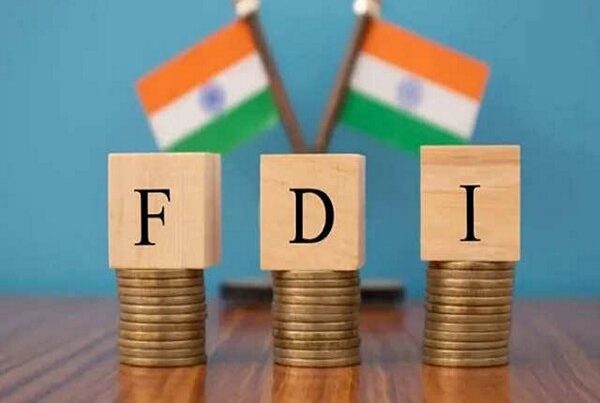
Punjab: Cotton Growers Raise Concerns Over Falling Prices Amid Declining Production
Local cotton growers and ginners of Punjab province of Pakistan have raised serious concerns over the steep decline in domestic cotton prices and sales, despite a substantial decrease in overall production.
According to the Dawn, the experts attribute this troubling trend to the record-high imports of cotton from international markets.
The Pakistan Cotton Ginners Association (PCGA) reported that by December 15, the total amount of ginned cotton in the country reached 5.36 million bales, marking a 33 per cent decrease compared to the same period last year.
The Dawn reported that the production declines were more pronounced in the major cotton-producing provinces, with Punjab and Sindh experiencing reductions of 34 per cent and 32 per cent, respectively.
The report further indicated that textile mills have bought just 4.7 million bales during this period, a 34 per cent decrease compared to the previous year. Additionally, exports have dropped dramatically by 84 per cent, falling to 46,300 bales.
Ihsanul Haq, chairman of the Cotton Ginners Forum, pointed out that despite a 33 per cent drop in cotton production, ginning factories in the country currently have around 6.14 million bales in stock, similar to last year. He attributed this to the zero sales tax on imported cotton and yarn, while domestic purchases are taxed at 18 per cent. As a result, textile mill owners are increasingly importing cotton and yarn during the 2024-25 cotton year.
According to the Dawn, official data shows that by November 30, Pakistan had imported 182,000 metric tonnes (about 11.38 million bales) of cotton, with a large portion of these imports occurring in October and November. During the same period, approximately 6,00,000 bales worth of yarn were also imported.
Experts predict that Pakistan will import between 55 and 60 million bales of cotton or cotton yarn this year, leading to a substantial outflow of foreign exchange.
Haq has called on the federal government to implement a sales tax on imported cotton and yarn while exempting domestic purchases. This, he argues, would support local agriculture and industry and help strengthen the national economy. (ANI)



